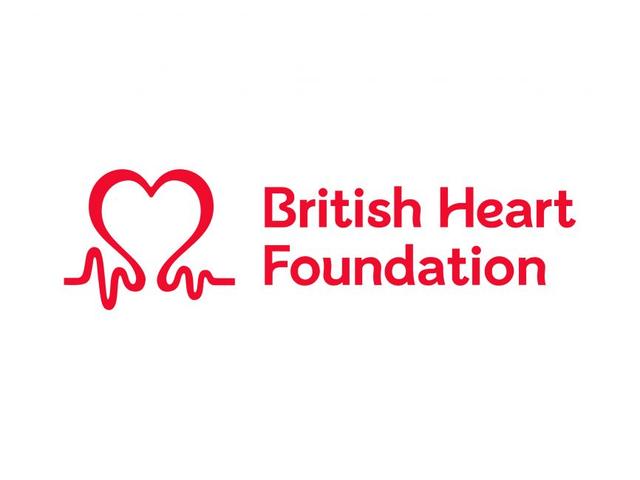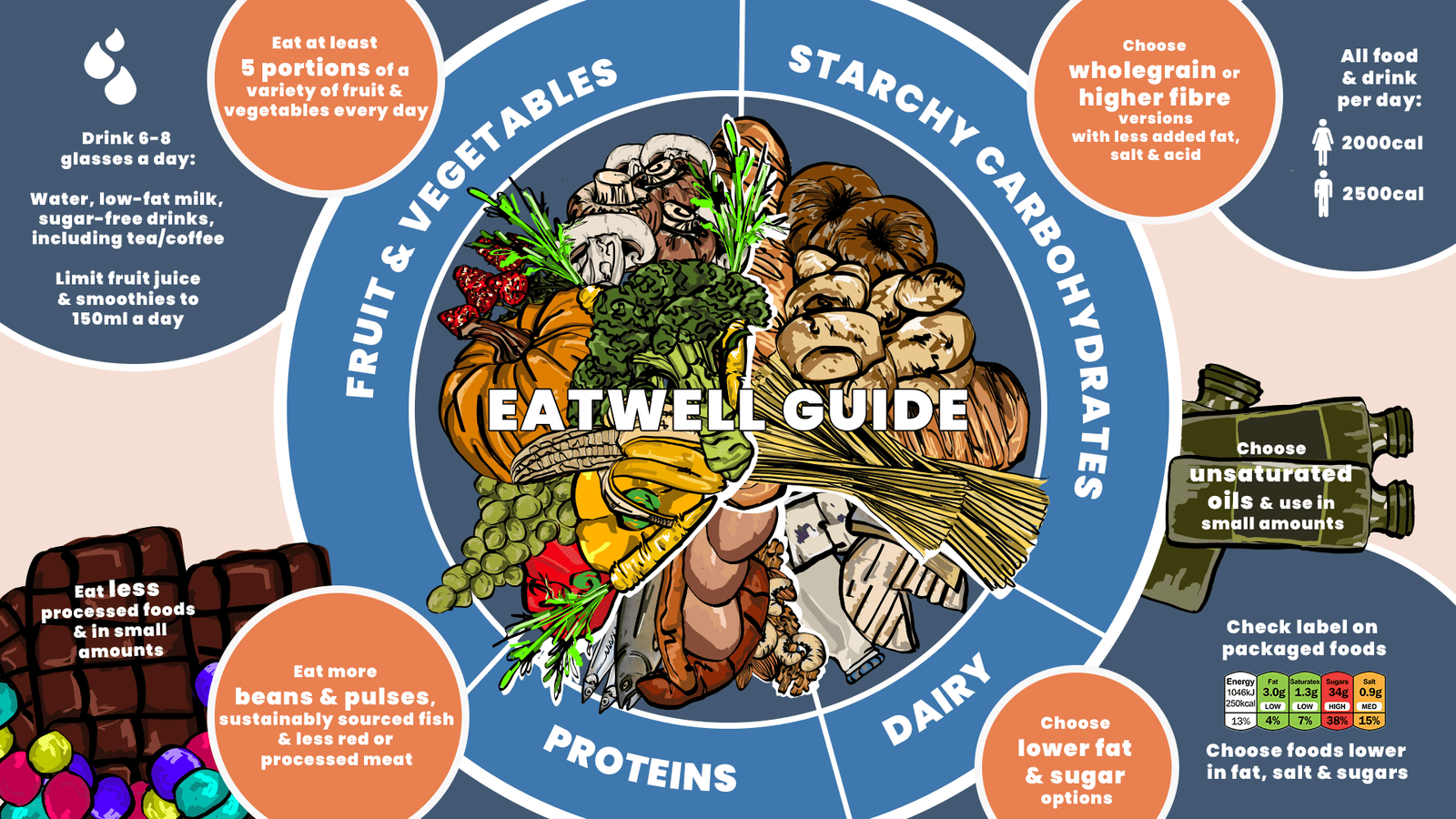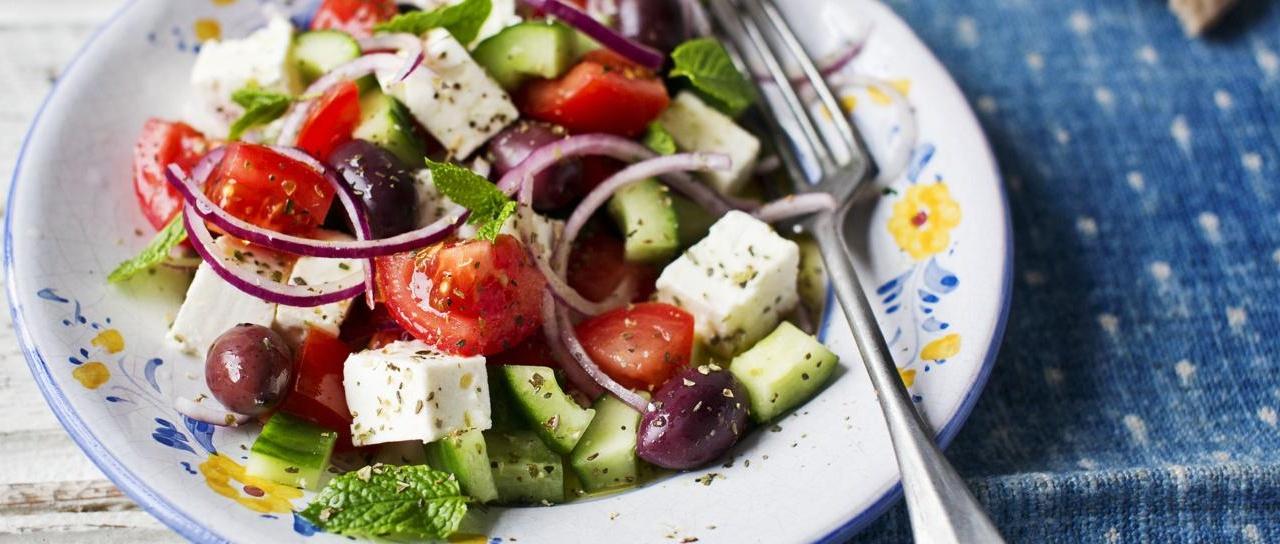
Eat your way to a healthy heart: tasty recipe ideas for every meal
Peer reviewed by Dr Krishna Vakharia, MRCGPAuthored by Victoria RawOriginally published 4 Apr 2025
Meets Patient’s editorial guidelines
- DownloadDownload
- Share
- Language
- Discussion
Taking good care of your heart is vital for your health. Exercising regularly, quitting smoking, cutting back on alcohol, sleeping well, and managing your weight can all help keep your heart healthy. However, one of the most important ways to support a healthy heart is by eating a balance of healthy foods.
Sponsored
British Heart Foundation
This feature is sponsored by the British Heart Foundation - the biggest funder of research into heart and circulatory diseases in Europe.
The content follows the Patient editorial policy.

In this article:
British Heart Foundation (BHF) says eating a healthy balance of foods can reduce your risk of heart and circulatory disease, and improve your overall health.
This can help you:
Reduce your risk of heart attack and stroke.
Reduce your likelihood of developing diabetes and high blood pressure.
Lower your cholesterol levels.
Keep a healthy weight.
A healthy diet can also help lessen your odds of developing some cancers.
Continue reading below
How to eat a healthy balance of foods
A balanced, healthy diet consists of fruit and vegetables, wholegrain starchy carbohydrates, lean meat, fish, pulses, nuts, moderate amounts of dairy foods - or alternatives - and small amounts of unsaturated fats.
You should aim to eat fewer processed foods and those high in salt, saturated fat and sugar.
According to the Eatwell Guide, approximately one third of the food you eat should come from fruit and vegetables - fresh, frozen or canned in water or natural juice. Approximately one third should come from starchy carbohydrates - for example, wholegrain rice, pasta, and cereals.
The remaining foods should be made up of moderate amounts of protein foods - such as lean meat, fish, eggs, pulses and other plant-based alternatives, some dairy foods, and small amounts of unsaturated oils and fats. It is not necessary for you to achieve this balance at every meal, but try and fulfil it over a day or week.
Processed foods that are high in fat, saturated fat, sugar and salt are not included in the Eatwell Guide and their intake should be limited. Eating a diet that is based on the Eatwell Guide can help to reduce your risk of heart attack and stroke.
The Eatwell Guide

Source: Public Health England in association with the Welsh Government, Food Standards Scotland and the Food Standards Agency in Northern Ireland
Graphic: Ben Hudson
Other heart-healthy diets to consider include:
DASH diet (Dietary Approaches to Stop Hypertension) - designed to help lower blood pressure and focusses on vegetables, fruits, wholegrains, lean meats, and nuts, seeds and beans.
Mediterranean diet - prioritises fruits, vegetables, wholegrain cereals, fish, eggs, dairy foods, olive oil, nuts and seeds, with small amounts of meat and poultry.
Pescatarian diet - a vegetarian diet that incorporates fish and other seafood but no other types of meat.
If you want to support your heart health but need some inspiration for realistic, nutritious meals, then look no further. Here’s some guidance on creating balanced meals that provide the essential nutrients your heart needs throughout the day.
Healthy breakfast recipes
To kickstart your day with lasting energy, it's important to have a nutritious and balanced breakfast.
There are plenty of delicious alternatives to the traditional English breakfast, which is often loaded with saturated fats such as sausages, bacon, and foods overly cooked in oil.
Apricot muesli with toasted seeds
A fully plant-based breakfast that's simple, delicious, and packed with fruit and wholegrain goodness, is this apricot muesli with toasted seeds recipe. It's bursting with cholesterol-lowering fibre, vitamins, minerals, healthy fats, and natural sweetness.
Baked eggs with mushrooms
For those following a vegetarian diet, these baked eggs with mushrooms are a nutritious, low-calorie alternative to a traditional fry-up. Packed with protein and potassium to support healthy blood pressure, with antioxidants to help safeguard your heart, they make a delicious and heart-friendly choice.
Herrings with a peppercorn oatmeal crust
For the fish-lovers, try these herrings with a peppercorn oatmeal crust for a dose of omega-3 fatty acids to help reduce your chance of heart disease.
Continue reading below
Healthy lunch recipes
After fuelling up with heart-healthy nutrition, you'll likely be ready for more by lunchtime.
Chicken and avocado salad
Why not give this chicken and avocado salad a try? It's rich in nutrients, healthy fats, lean protein, and supports a healthy weight while tasting amazing.
Grilled vegetable bruschetta
For a lunchtime treat that's free of meat, we recommend this grilled vegetable bruschetta recipe. It offers the perfect mix of energy-boosting, fibre-rich, whole grains, and low fat, nutrient-packed midday flavour.
Italian bread soup
If you're in the mood for soup, this heart-wholesome Italian bread soup is a must for a boost of daily goodness - just go easy on the Parmesan!
Healthy dinner recipes
You've enjoyed a day full of heart-healthy meals, but there's room for one more to end things on a perfect note.
Grilled mackerel with mustard sauce
This grilled mackerel with mustard sauce dish is ideally paired with crushed potatoes and steamed or boiled vegetables, creating a low-fat, omega-3-rich main.
Lentil shepherd's pie
Shepherd’s pie is a favourite for many, but if you're looking to cut down on meat, try this lentil-based version. It's packed with fibre, nutrients, and comforting flavour in every bite.
Steak fajitas
Turning mealtimes into a fun experience is a great way to stay inspired while creating nutritious, wholesome dinners. Transform dinner into a heart-nourishing event with steak fajitas, filled with lean protein and a medley of wholesome vegetables.
Remember, you don't have to give up your favourite foods to start eating better. Just experiment with new ingredients, make small adjustments, and put a fresh twist on classic dishes.
Explore more heart-healthy recipes by visiting BHF website's handy recipe finder. Here, you'll find plenty of options for all types of dietary needs - all designed to support your heart health. You can also sign up to BHF's free, fortnightly Heart Matters newsletter to receive more heart-healthy recipes and expert tips for managing your health.
For all your heart health questions, big or small, British Heart Foundation is there to help. Speak to one of their specialist cardiac nurses, access expert web content and find peer support at bhf.org.uk/questions.
Patient picks for Recipes

Diet and nutrition
Have a healthy Diwali - food swaps and recipes
It's autumn and almost that time of year again for Diwali, a festival filled with celebrations, time with loved ones, and of course lots of indulgent foods and sweet treats. If you have diabetes, poor heart health, or are managing your weight, it can be hard to restrict the delicious Diwali foods you enjoy. With help from two dietitians, we share planning tips, food swaps, and recipes so that you can celebrate a more healthy Diwali - without missing out on your festive favourites.
by Lynn Stephen

Diet and nutrition
7 light summer salad recipes for hot summer days
When the weather's hot, there's nothing like a light summer salad to quench your hunger without making you feel too overheated or bloated. We've rounded up seven of the most delicious summer salad recipes to help pack your summer with flavour.
by Lynn Stephen
Continue reading below
Article history
The information on this page is peer reviewed by qualified clinicians.
Next review due: 4 Apr 2028
4 Apr 2025 | Originally published
Authored by:
Victoria RawPeer reviewed by
Dr Krishna Vakharia, MRCGP

Ask, share, connect.
Browse discussions, ask questions, and share experiences across hundreds of health topics.

Feeling unwell?
Assess your symptoms online for free
Sign up to the Patient newsletter
Your weekly dose of clear, trustworthy health advice - written to help you feel informed, confident and in control.
By subscribing you accept our Privacy Policy. You can unsubscribe at any time. We never sell your data.